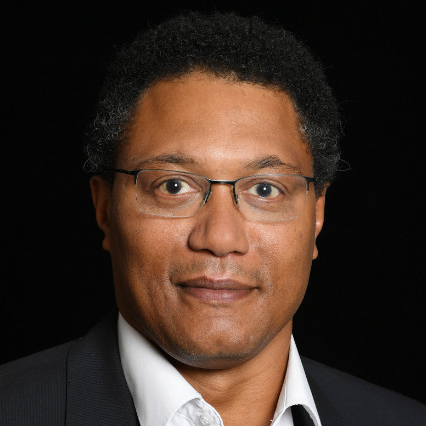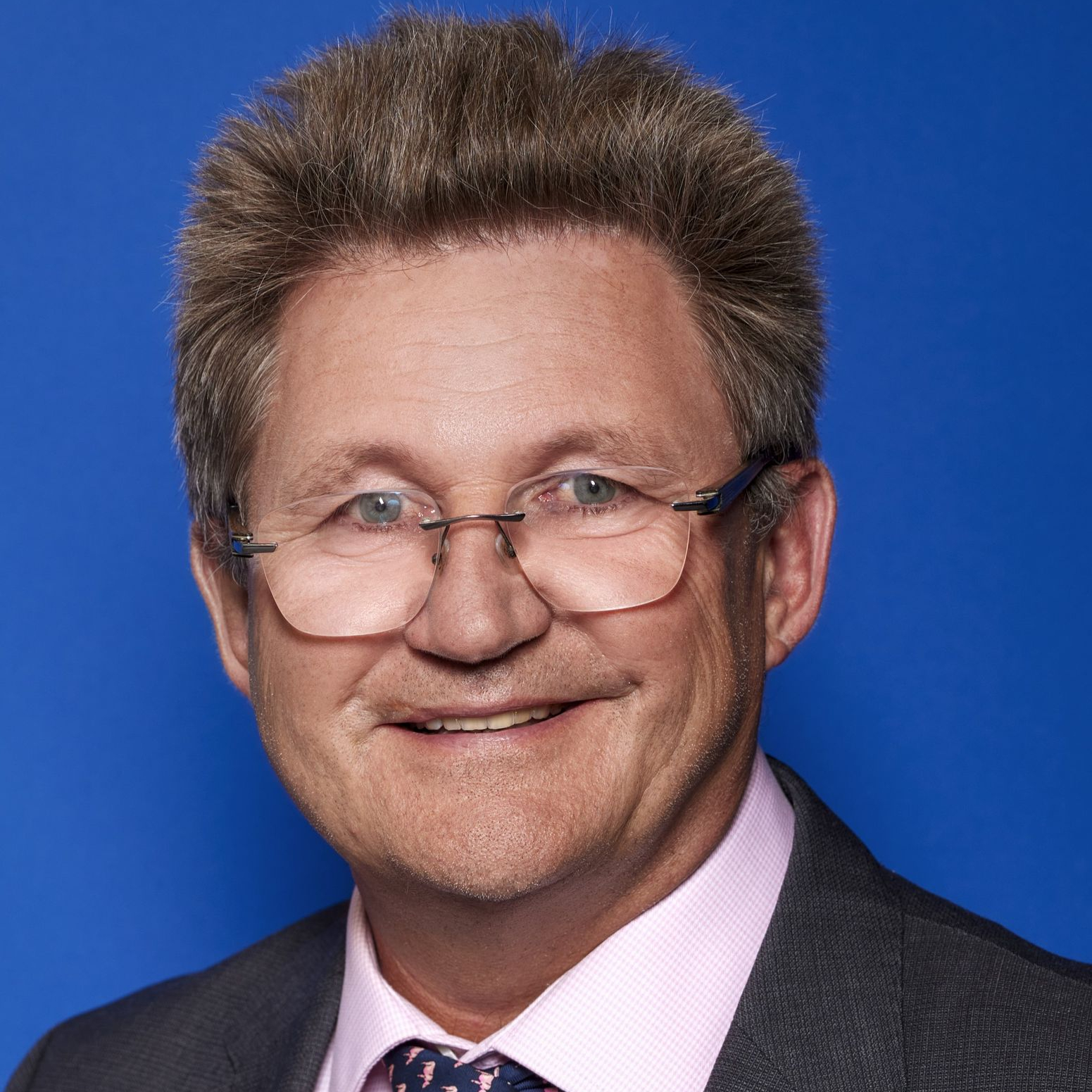Navigating complex
governance for Paris 2024
“You can’t change the
deadline” was the stark reminder Bruno Marie-Rose, the Chief Information and
Technology Officer of the Paris 2024 Olympic and Paralympic Games, gave to the Directors’
Day. Previously an Olympic medal-winning athlete and an IT professional in the
financial sector, Mr Marie-Rose told ILA members about the unique practical and
governance challenge of managing this high-profile project.
A cyber-attack caused a
major internet and audio-visual outage during the opening ceremony of the 2018
Pyeongchang Winter Olympics. “It is part of my job to ensure that problems like
this don’t happen in Paris 2024,” said Mr Marie-Rose in an interview with Frédéric
Mouchel, a member of the ILA Board of Directors. “We are making sure that the
whole IT system is being tested, and will be retested and re-retested before
the games,” he said.
Global, national, and local stakeholders
Of course, Paris 2024 is highly significant for the global Olympic movement, for France, its capital city, and for each individual sport for which the summer games are the pinnacle. Each of these stakeholders wants reassurance that the event’s organisation is on track, and this implies a major governance challenge.
“The Olympic Games and Paralympic Games belong to the International Olympic Committee and International Paralympic Committee, and the responsibility for hosting has been delegated to Paris and France,” Mr Marie-Rose said. Both organisations have their executive boards and operational layers, and membership representation bodies, and all have to see the plans and be kept up-to-date with progress.
The French government provides the ultimate financial guarantee to this project, and so they will wish to have input into this six-year project. The commitment of the town hall in Paris is also key. Topics such as security and transport require all sides to develop a good working relationship. “Over six years there will be numerous elections and a change of direction can complicate matters,” he said. In this instance, there was a degree of continuity at the national and local levels in France and Paris, but nevertheless, these political stakeholders have their say on most days.
More than a focus on sport
As well, the governing bodies of each sport will need to be involved to ensure that events take place in optimal conditions for athletes and spectators. They and others are represented on the organising association’s board of directors and general assembly. There are also committees covering audit, ethics, and remuneration, all of which can potentially be the focus of important debate. Aspects such as marketing, broadcasting, and the team devoted to building a post-game legacy also have to make their plans and face scrutiny. Up to 300,000 people need managing in the lead-up to and during the games.
During the Games, there will be more than 40 different venues hosting the event. “This is why we are going to switch, as much as possible, to a bottom-up approach rather than a top-down approach, to deal with everything that remains to be done in a short time,” declared Mr. Marie-Rose.
“This year has been a relief for many in our team because finally, we have seen some of the end-product in the form of test events,” he said. “After five years of dealing with politics, managing budgets, creating a lot of PowerPoints, and so on, it was refreshing to provide some sporting events and see some of the progress we have made.”
“We feel we will be ready,” he said of the prospect of the 26th July 2024 start. “We are now able to design the final shape of the Olympic Games, and set the ultimate level of complexity and difficulty, while not forgetting all that is happening in the world at the moment.” He said the team remains “focused on providing the world with a tremendous show.”

Bruno MARIE-ROSE
Paris 2024 Olympic and Paralympic Games

Frédéric MOUCHEL
NED